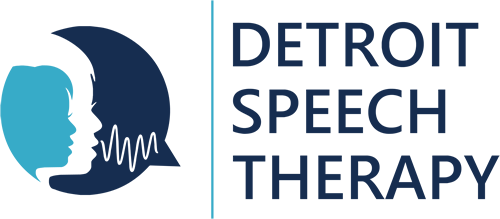Home » Resources for parents » <
Frequently Asked Questions
Open dialog between parents and your child's therapist is a key factor for your child's progress. Your questions are important, and we encourage you to ask. Some of your questions may be found on this page and elsewhere on this website. Or just contact Molly.
What is the difference between speech and language?
Speech is how we say sounds and words. Speech includes articulation, voice and fluency. Language refers to the words we use and how we use them to share ideas and get what we want.
What is Orton-Gillingham?
Orton-Gillingham (OG) is direct, explicit, multisensory, structured, sequential, diagnostic, and prescriptive way to teach literacy when reading, writing, and spelling does not come easily to individuals, such as those with dyslexia
What is Brain Friendly Reading?
Brain Friendly Reading (BFR) is a program based on extensive experience working with dyslexic children across a variety of instructional situations (classrooms, reading labs, private tutoring once a week). It uses modified traditional OG instructional strategies to achieve the same goals (and based on the same science) to make the work straightforward, practical and easy to start implementing right away.
Do you bill insurance?
At this time, Detroit Speech Therapy does not take insurance. We can provide you with paperwork to submit to your insurance for possible reimbursement.
How long is a session?
The length and frequency of your child’s sessions will be determined based on age, needs, therapy goals and tolerance. Evaluations are typically longer than therapy sessions.
How long will my child need therapy?
While we would love to give an answer to this, duration of therapy varies greatly from one child to another. It depends on many factors such as: severity of the disorder, cooperation, motivation, and readiness to learn. Family involvement in implementing home practice is another significant factor.
My two-year old child appears delayed in speech and language development, but my pediatrician says he is just a late talker. My doctor said to give it more time. Should I wait?
While it is true children show some variation in when they achieve early language milestones. It also is true that a skilled speech-language pathologist can usually identify children who are more at risk for persistent delays, or who are showing signs of more deviant speech language development (sometimes associated with other developmental disorders, such as autism). The earlier these children are identified, the sooner they can take advantage of intensive early intervention programs.
How do I know if my child needs speech/language intervention?
This depends on what you are noticing in the home. A young child (9 months) who is not responding to sounds, responding to his/her name, showing comprehension of simple words, or pointing to call attention to interesting objects, may be showing early signs of a hearing loss or language disorder. Other general guidelines:
-
- First Words - by 12-15 months
- Frequent Two-Word Combinations heard by 21-24 months
- Frequent Three-Word Combinations - heard by 36 months
- Intelligible speech in conversation 90% of the time - by age 4 years
- Grammatically complete sentences most of the time - by kindergarten age
Can a SLP address reading?
SLPs are experts in oral language development, which serves as the foundation for learning to read, spell, and write. We are trained in the following areas that impact those areas: Oral language comprehension and use (phonology, morphology, syntax, semantics, pragmatics), phonological processing (including phonemic awareness), articulation (speech sound production), letter/sound knowledge, word-finding difficulties, emergent metalinguistic awareness, narrative discourse and short-term memory. As an expert in these areas, we are especially equipped to help those students with reading difficulties and specifically those with dyslexia as it is a language-based learning disorder.
